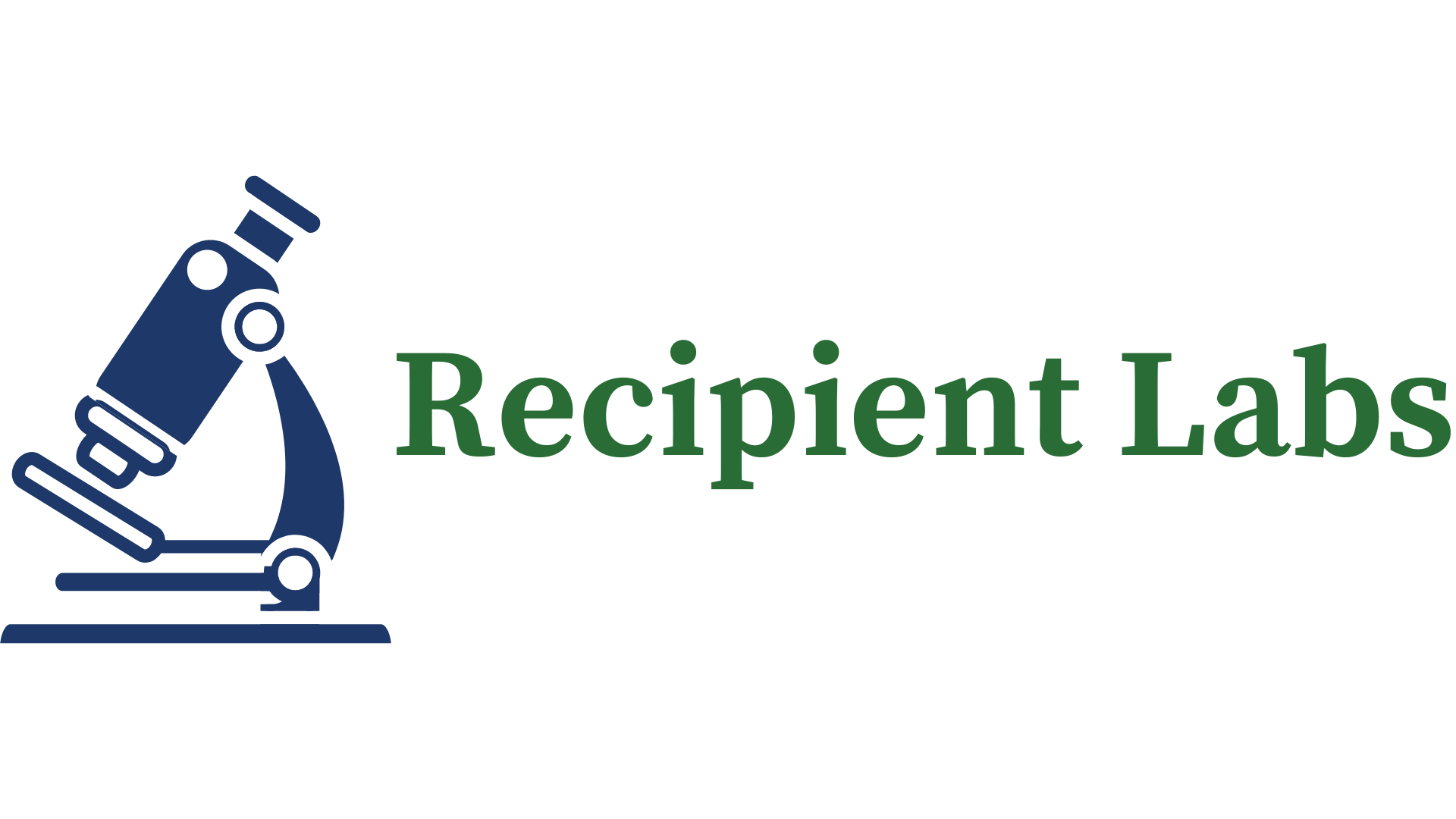Build trust with your international clients in a way that works.


You know the bridge to the future is safe, but your prospect sees the risk of getting fired.
After all, you’re not from around here, which makes you, in your prospect’s eyes, the risky bet.
What does being the risky bet mean for you? It means your proposals don’t get approved. It means your case studies never make it past your Point of Contact.
It means your prospect picks the local firm, even if they’re not as good.
Fortunately, you are not doomed. You have tools the local doesn’t. One of those tools is your story, and you need to be telling it. Right there in your website and your proposals and your case studies.
That’s where we come in. Whether it’s by teaching your people how to do it or by us rewriting your sales documents ourselves, the goal is to make your prospect see you as an even better bet than the local.
It’s your story that infuses your prospects’ brains with the trust hormones that make them pick you. Get someone to help you pull that story out and figure out how to work it into your sales documents.
What does POV have to do with building trust?
Also, a POV has another thing working in its favor: Almost no one has one.
Actually, most people have them once they reach 35, and most companies have them built in somewhere, but very few are willing to say them out loud. So if you can say yours, you immediately set yourself apart, and you instantly get high marks for courage and integrity.
And when you’re establishing yourself in a new market, what better way to be known than as a trustworthy person of courage and integrity?
You might think your tagline is a POV, but it usually isn’t.
If someone doesn’t say the opposite of what you say, it’s not a POV — it’s a tagline, and a weak one at that.
Some examples of bad attempts:
–Others say they care, but we really do.
–We hold nothing back.
–The truth, liberated.
If someone in your industry doesn’t hear your POV and say, “You’re crazy, that’ll never work,” it’s probably weak.
Some examples of good ones:
–People want furniture they have to assemble themselves. (IKEA)
–Customers will come to you even if you are more expensive and less convenient. (Trader Joe’s)
–The one who makes the soda doesn’t actually have to bottle it. (Coca-Cola)
As you can see, these are not taglines or marketing phrases. These are contrarian ideas the companies believed in so much they bet their very existence on them. They are POVs.
Taglines stick around for about 6 months. A good POV lasts a lifetime.
Who hires us and why:
- A Dutch civil engineering firm that is pitching a commercial development project in Riyadh.
- A Turkish software startup that wants to grow its sales in Europe.
- A British cloud storage company that wants its CTO to present better to the board.
- An Italian steel manufacturer that wants to increase its credit line with a German bank.
- An American e-commerce company that wants its software engineers in India to communicate better with warehouse managers in California.
Basically, it doesn’t matter whether your industry is software, electricity, construction, or something else. If you pitch X to Y, we’re the ones who help.
What we do:

Speaking training and practice
If you want to sell internationally, you need to up your game presentation-wise. That means improving your speaking skills.
The four key components for that are business storytelling, filler-word reduction, speech practice, and a vocabulary upgrade.
We use a mixture of one-to-one and internal group classes to get you and your team up to speed fast.

Sales collateral rewrites
Selling premium services requires your customer to trust that you are the right person to take them into the future. And there are specific ways for you to encourage that feeling.
We redesign and rewrite your sales materials so you leverage your ability to show your customers their new world and maximize the trust they have in you to get them there.

fCO (fractional communications officer)
With an fCO, you get a CO for half the cost of an in-house CO, and, more significantly, on a no-contract basis that leaves you with more flexibility.
Use us for financing activities, investor meetings, and customer communications.
Companies we have worked for:

Note: Since discretion is paramount to us, you will find no testimonials on this site, and there are no samples of our work. Sorry, this logo wall is as far as we go. For confidentiality reasons, Matt won’t even tell his own mom the names of the people he works with, and he changes pronouns and other identifying markers for his clients often. For example, that “Dutch civil engineering firm” mentioned above wasn’t actually in The Netherlands, and the “Riyadh” project wasn’t actually in Riyadh, it was in another Middle Eastern city.
If you would like to see samples of our writing, consider subscribing to the email list below, or reading recent issues of the newsletter. There are also over a hundred podcast episodes, and there are over a hundred videos of Matt on this site alone, along with three books and hundreds of blog posts. And if you’re a LinkedIn person, there is more on his profile there.
What makes for a successful client?
- A history of serial problem solving.
- A frustration coming from one of life’s slaps in the face.
- The fear of god (an external force that makes them want to solve the problem that #2 brought to the forefront).
Look inside yourself and get in touch with these three traits in you. You’ll get a lot more out of it if you keep them close at hand!
If you want to hear more on that subject, listen to this podcast episode:

Why the focus on engineering-heavy industries like software?
Engineers often think their product’s feature set is going to sell itself, and then they wonder why the incumbent with a lesser feature set is kicking their butts.
Also, engineers have a special need when they are talking to others: They are technical people speaking to non-technical people. Getting those non-technical people to buy in is much easier if the engineers “talk to the dog” — speak in the language of the audience, not in the language of engineers.
Engineers are also one of the most globally-mobile groups. They tend to be produced, disproportionately, by middle-income countries, and then be sought after around the world.
How do I know if my engineers need communications assistance?
Your engineers might need communications assistance if you experience one or more of these situations:
- Your RFPs are getting turned down late in the game.
- You would like your engineers to represent the organization in public.
- Other departments groan when they hear the engineers will be presenting.
- You feel like the engineering voice is being drowned out in board meetings.
- You are trying to raise money, and an engineer is part of the pitch.
